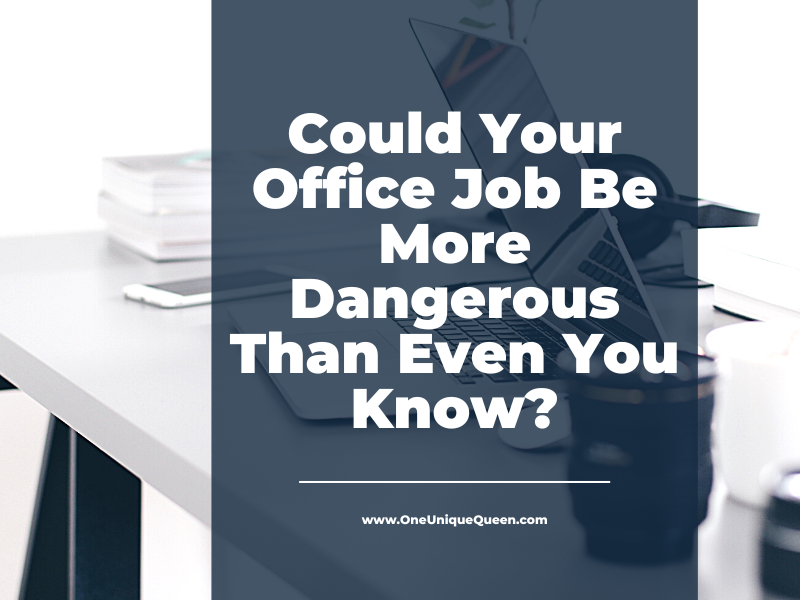


While some workplaces, such as construction sites, factories, and warehouses, might pose a much greater risk of accident and injury than others, you would be wise not to underestimate the health risks that might come with your workplace. This is especially true if your workplace is an office. Here, we’re going to look at some of the ways that your office might actually see you interacting with more health risks than you may have otherwise been aware of.
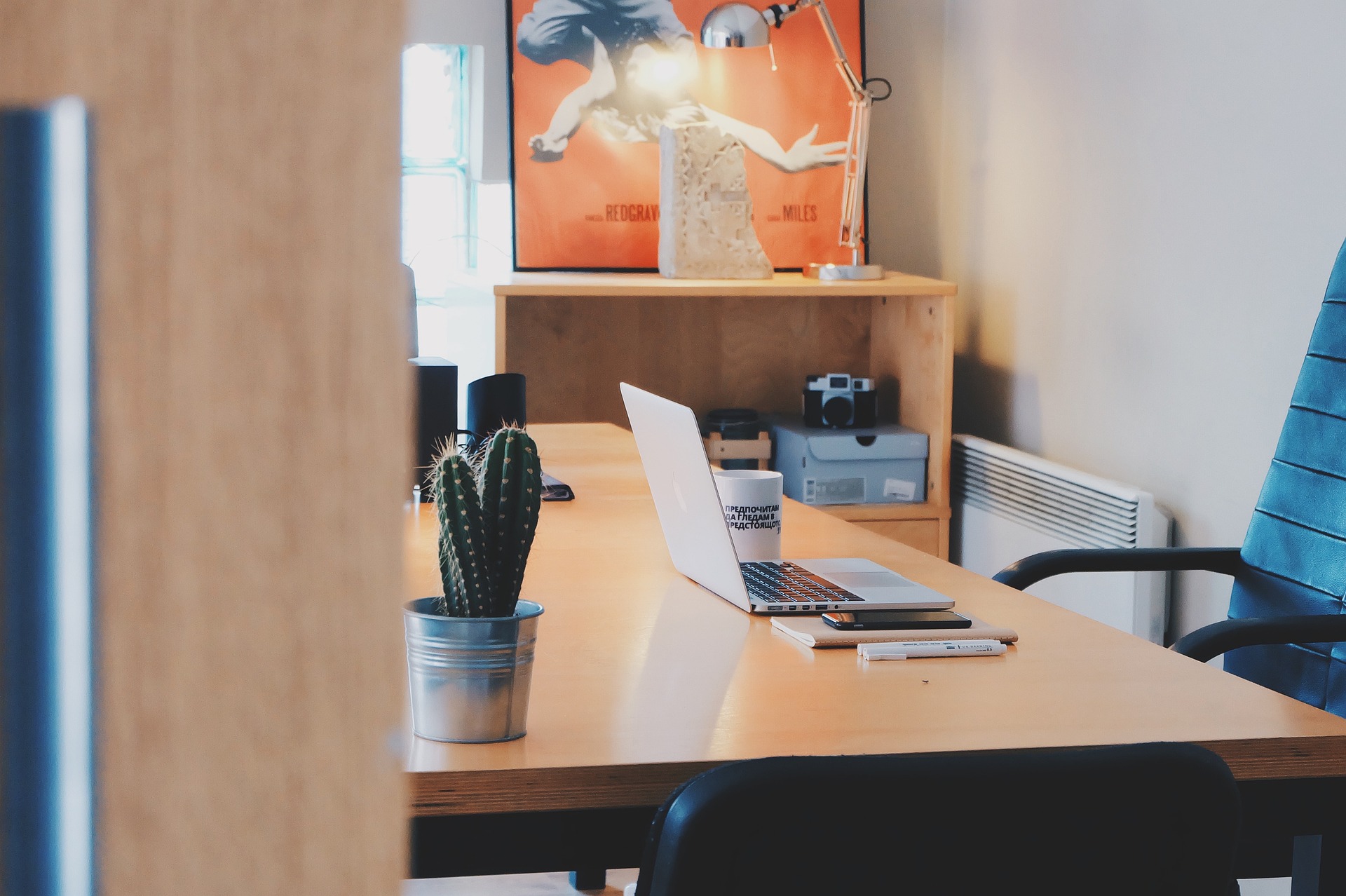
Mind your aches and pains
We have all had a day at work where we come home to find our back aching a little more than usual. You might be tempted to shrug these pains off as just another reality of working in the office, but these aches and pains can lead to serious injury if you’re not careful. Long-term back pain is, in fact, the leading cause of workplace disability, and repetitive strain injury, especially in the risks and arms, is not too far behind it. You can reduce your risk of these musculoskeletal injuries in a range of ways. Taking frequent breaks from work that sees you repeating motions or being in one physical position for too long is one such change that you can make, but ergonomic furniture is going to play an even greater role in ensuring that you’re giving your body the support that it needs.
The importance of natural light
Out of the things that you need to stay safe and healthy at work, you might not immediately be able to see how important sunlight is, but there is a real health benefit to it. Natural light helps us maintain our circadian rhythm, which can affect our mood as well as our quality of sleep. A lack of sunlight can also lead to increased feelings of lethargy and depression. Improving the lighting in your workspace is important in general, too. Aside from improving visibility to reduce the risk of accidents, you also want to make sure that any area in which you use a computer is well lit, as repeated exposure to a computer screen can cause eye strain, headaches, migraines, and can even impact your chance of vision issues in the long-term.
Voicing your concerns
A lot of office jobs require you to spend a lot of time talking, whether it’s communicating with co-workers or spending a lot of time on the phone. One of the widely underestimated risks of such a job is the damage that can be caused to your vocal cords. You want to make sure that you’re staying frequently hydrated and speak on a handset instead of a microphone so that you don’t have to work as hard to project your voice when you’re on the phone.

Mind the work environment as well
Where you work can often has just as big an impact on your health as the kind of work that you do. For instance, if your office suffers from poor air quality caused by poor ventilation or a lack of routine cleaning, then it can increase the risk of and exacerbate respiratory health issues such as asthma. In some cases, the building itself might be risky to your health due to the presence of mold or materials such as asbestos and lead paint. Aside from being illegal, these substances can lead to some serious and even fatal illnesses, as shown by stats like mesothelioma survival rates. Addressing these risks with your boss can help them find and eliminate the source of potential illness and if they fail to act, then it’s their responsibility should you get sick.
The mental impacts
There are plenty of physical risks that can be associated with a life of office work, but that doesn’t mean that we should forget mental health issues. They don’t often get addressed due to the stigma associated with them, but stress issues are amongst some of the most common complaints in the workplace. Finding methods to ease your stress can help you maintain an even keel, but you shouldn’t allow chronic stress to force you to constantly be on the back foot. Sometimes, you need to make work decisions that prioritize your work-life balance, such as refusing to take overtime, talking to your boss about responsibilities that are being added to your role, or even taking a break from work.
Your coworkers can get you sick, too
It’s the time of year for all manner of bugs to get spreading, so it’s only natural that we should address the fact that workplaces are some of the easiest places to get sick. Not everyone is doing as much as they can to be hygienic, which can make it more reasonable to go the extra mile to be as clean and secure as you can. Bringing your own hand sanitizer to work, wiping down your keyboard and desk at least once a day, and being mindful about cleansing your hands if you touch door handles or go to the breakroom or bathroom can all reduce your chances of catching a nasty cold or the flu.
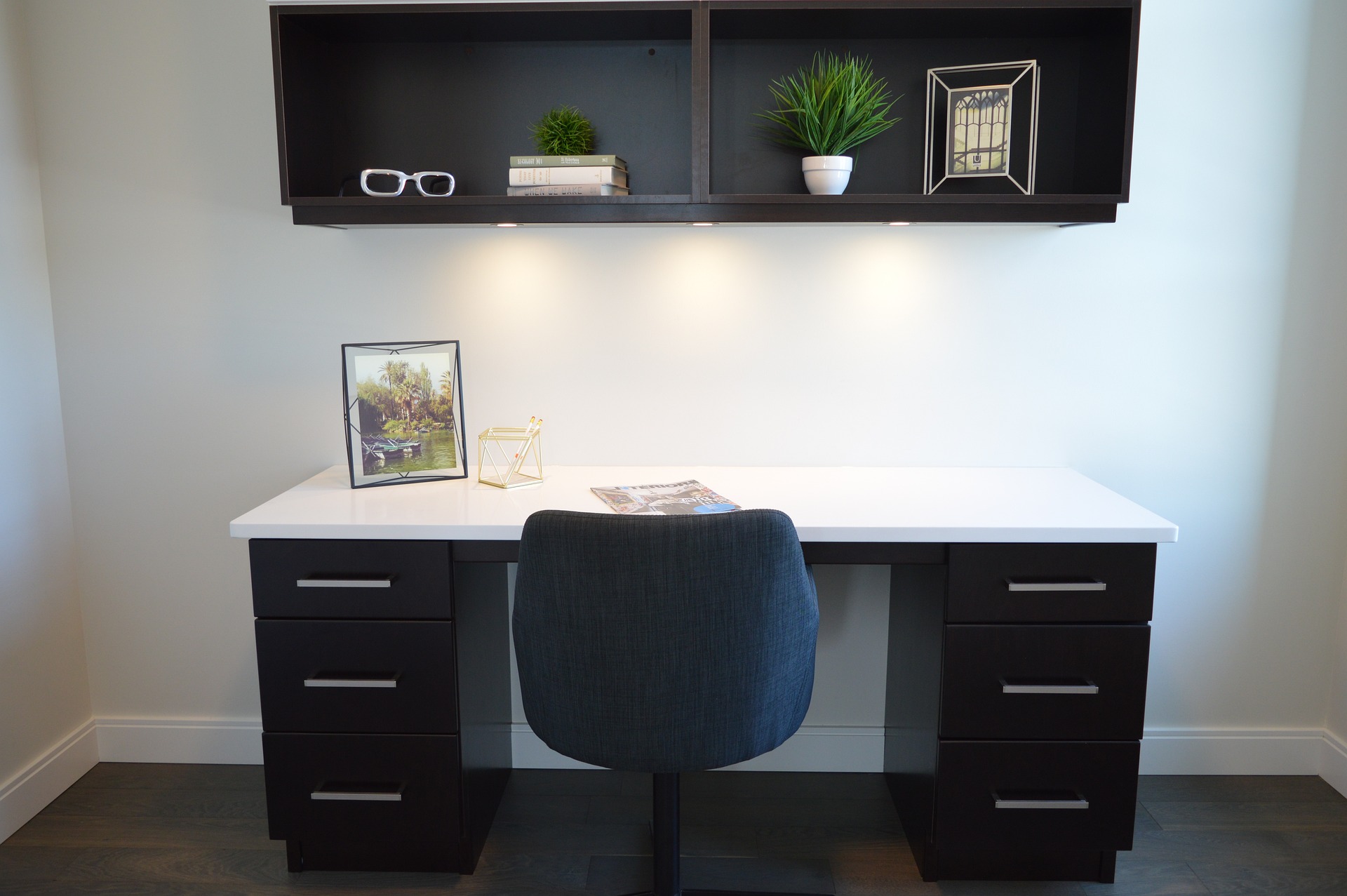
Could sitting be more dangerous than you think?
Just a few years ago, there was a lot of noise being made about the dangers of sitting. While some of the dangers may have been over-exaggerated about the risks of the act of sitting itself, a sedentary lifestyle (which office jobs often facilitate) can be risky indeed, such as leading to an increased chance of heart attacks, high cholesterol, obesity, diabetes, and more. Other risks can come on more slowly, such as muscle degeneration and bone disorders. Aside from ensuring good posture and support for your body, it is essential that you find the time and space for physical activity, even if it’s at your desk.
The best thing to do when it comes to your health and safety concerns is to bring them up to your boss, especially if you have suggestions for improvements you can make to the workplace. Not only do they have a responsibility to keep the workplace safe, but you can make a note of the conversation so that, if your concerns do come to pass, you have clear evidence that it was negligence that lead to it.
In what other ways can your office job be more dangerous then you know? Let me know in the comments below!






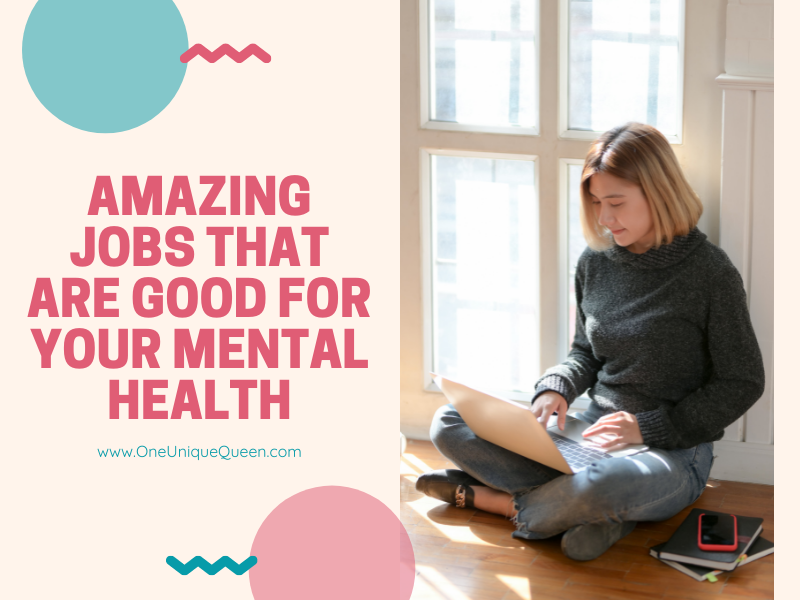



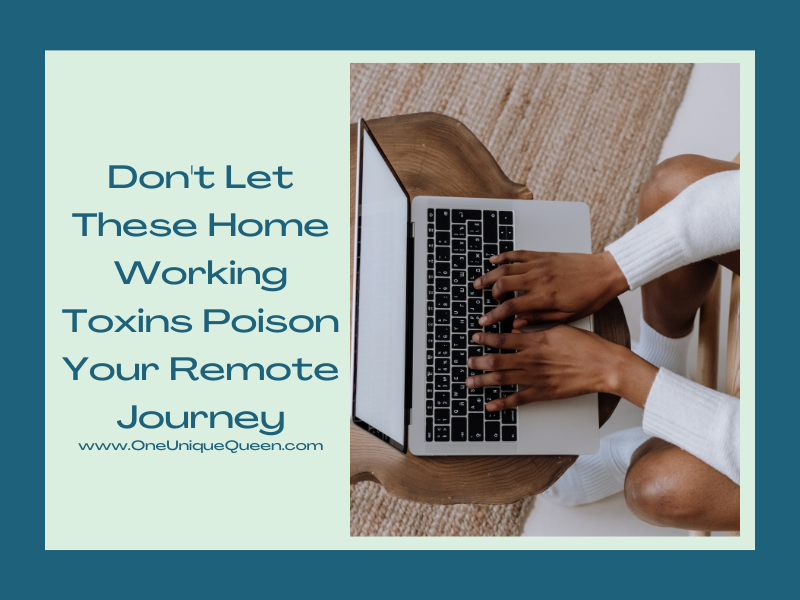
COMMENTS MAKE ME HAPPY!